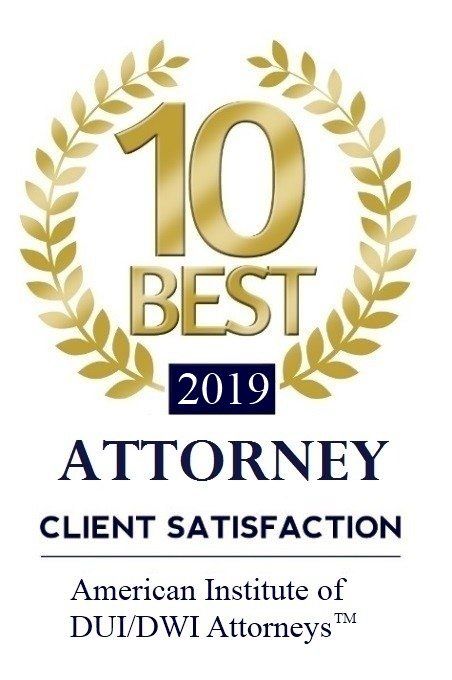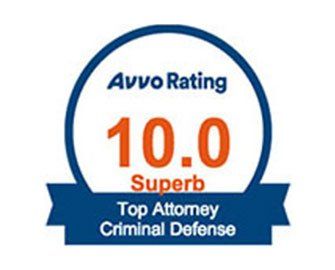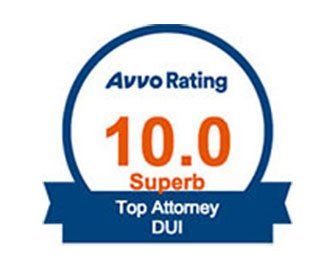Criminal Defense Lawyer in Athens, Georgia
Athens, Georgia Criminal Defense Lawyer, Kim T. Stephens, Defending Clients Against Misdemeanor and Felony Charges
If you have been charged with a crime in the state of Georgia, it’s vital to your case to hire a winning criminal defense attorney to fight for your rights in court. Athens criminal defense lawyer Kim T. Stephens
is a winning Athens litigator with more than 25 years of experience aggressively fighting for clients throughout Georgia in local, state and federal courts. Athens criminal defense attorney Kim T. Stephens
defends people charged with serious crimes. Stephens knows the law and tailors his defense strategy to each client’s specific situation, consistently achieving the best possible results. Whether you have been charged with a misdemeanor
or a serious felony, such as a drug crime, sex crime
or violent crime, Athens criminal defense attorney Kim T. Stephens
will provide professional advice and a powerful defense.
Defense Against a Range of Criminal Charges in Georgia
Defense attorney Kim T. Stephens
defends clients against a variety of different charges, including misdemeanors, felonies and federal crimes. Stephens’ knowledge of state and federal law, combined with his trial experience, gives him the necessary tools to aggressively defend your rights in a case involving:
Request Consultation
Contact Stephens & Brown Today
- Drug crimes: The most common types of drug crimes include possession, trafficking and manufacturing. Depending on the amount and types of drugs involved, these cases can be classified as either a misdemeanor or a felony.
- Violent crimes: The circumstances of your violent crime case dictate whether you are charged with a felony or misdemeanor. These crimes include simple assault, aggravated assault, assault with a deadly weapon and robbery.
- Sex crimes: In addition to the potential for fines and jail time, a sex crime conviction can also lead to you being registered as a sex offender, forever damaging your reputation and chances of employment. These crimes include rape, molestation and indecent exposure.
- Property crimes: Property crime is a broad term that includes acts such as vandalism, robbery, arson and shoplifting.
- DUI: It is illegal to drive in Georgia with a blood-alcohol level of 0.08 percent or higher. If you get caught, you can be charged with a DUI. A conviction in a case like this can cost you thousands of dollars in fines, put you in jail and cause your license to be suspended for at least six months. This is an invaluable legal service for students who could have their academic careers threatened by a DUI conviction.
Most of these crimes are broad categories that can be considered felonies or misdemeanors, depending on the severity of the charges. Attorney Stephens will defend you by challenging the evidence against you in court to get the charges reduced or thrown out altogether.
Charged with a Crime? Call the Best Criminal Defense Lawyers in Athens, GA Today
If you have been charged with a crime, call
Kim T. Stephens
today for professional advice and a powerful defense at
706-548-3933.









